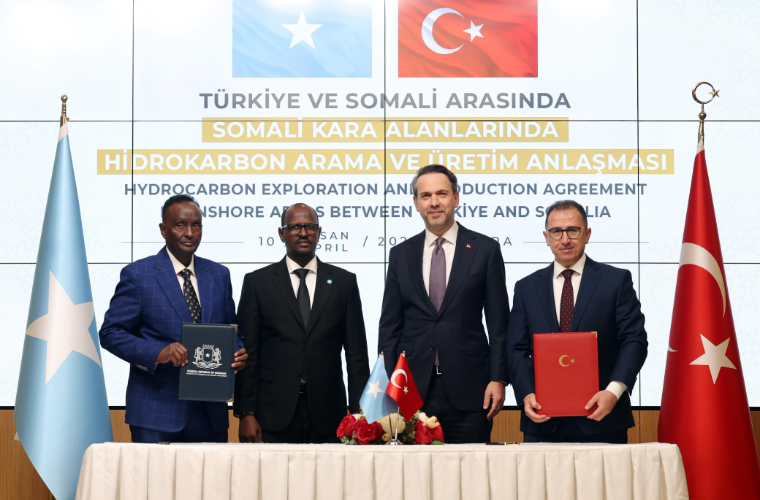Oil & Gas
SOMALIA AND TÜRKIYE SIGN HISTORIC OIL DEAL: A NEW ERA FOR EAST AFRICA’S ENERGY FUTURE.
JUMA SULEIMAN

In April 2025, Somalia and Türkiye signed a landmark oil exploration and production agreement that could reshape the energy future of East Africa. The deal grants Türkiye’s state-owned Turkish Petroleum Corporation (TPAO) rights to explore and develop three large onshore oil blocks in Somalia, covering over 16,000 square kilometers. This marks Somalia's first major step toward oil commercialization after decades of instability. The Somali government views this partnership as a catalyst for economic revitalization, foreign investment, and long-term national development.
A striking feature of the agreement is that Türkiye can recover up to 90% of the petroleum produced annually as “cost petroleum.” This clause allows Türkiye to recoup its operational and exploration expenses before sharing profits with Somalia. While such structures are typical in frontier markets, the high percentage has raised questions about whether Somalia may be over-leveraging its resources in exchange for infrastructure and security backing. Still, many experts argue it reflects the risk premium associated with investing in a volatile but resource-rich nation.
Beyond oil, the agreement symbolizes a deepening of geopolitical ties between the two countries. Türkiye has long supported Somalia through military training, humanitarian aid, and development projects, and this energy deal solidifies Ankara’s growing footprint in the Horn of Africa. Somali Petroleum Minister Dahir Shire Mohamed called it “a historic day” and emphasized that the agreement reflects Somalia’s confidence and readiness to unlock its vast hydrocarbon potential. This energy pact is not just economic—it's strategic.
The Somalia–Türkiye oil deal could trigger a new wave of exploration interest across the Horn of Africa, positioning Somalia as a serious player in the regional energy market. With neighboring countries like Kenya and Uganda already advancing their oil agendas, Somalia’s emergence adds a fresh dynamic to East Africa’s energy geopolitics. The long-term success of the agreement hinges on political stability, transparent governance, and infrastructure development. As the world watches, this bold move could mark Somalia’s true entry into the global energy stage.
